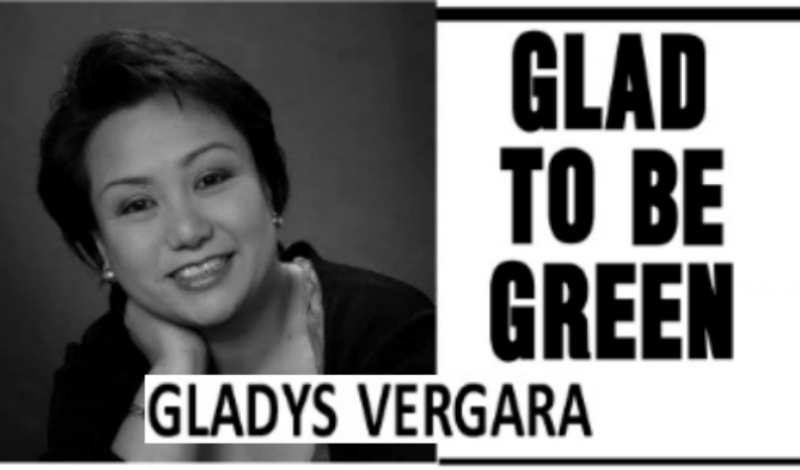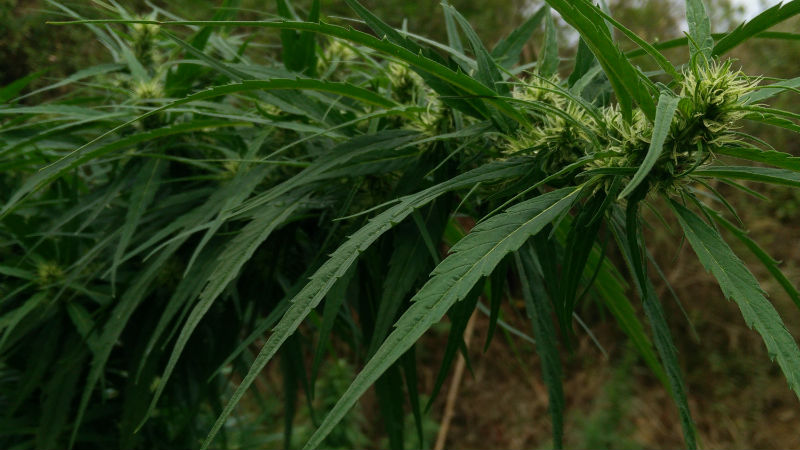All DAY TODAY, it’s been a roller-coaster ride for most, as we await Judgment Day. No, we aren’t just talking about the fate awaiting no less than the CJ of the land — though her ongoing strife may well be meritoriously discussed, albeit in the environment she’s been under siege. That’s another tale of the tape altogether that can either be a Day of Infamy or of Retribution, depending on which side you’re clinging on.
Actually, Judgment Day is about what’s in store for all of us come May 14, when Grassroots Democracy comes into full force, when the nation’s residents judge who will man the frontlines of barangay governance as well as affairs affecting our youth. No easy task, since we’re dealing with the ties of affinity and neighborliness that have marked much of the everyday life in any given community. These past days, we’ve in fact been bombarded by the usual campaign rhetoric, visual and audal, courtesy of the aspirants and their followers. The Do’s and Don’ts have been laid out, but there’s more of breach than obedience. Par for the course, since they’ve been with us every election period.
The stark reality on the ground points to an open-and-shut operation. Stripped down to its barest simplicity, campaigning involves gouging the pockets for monetary resources that are used to foster, promote, and push hard why Aspirant A is better off than B down to Z. When paired with one another, definitely one emerges better than the rest. Everyone is self-asserting he’s Matino, Mahusay, Magaling, May Malasakit, at Masipag. But what if all are thieves wearing saintly masks, should it always be the one who’s a lesser thief?
Take the issue of environment. Surely, every aspirant professes being in love with dear ol’ environment, of having passionately fought for what will take care of the environment, of having roles as evidenced by faded photographs of a tree-planting ritual done in his youth. Does that make him a protector, a safe-guarder, a lover of the environment, or simply a loudmouth advocate who is part of the legendary NATO organization — no action, all talk?
Are creeks cutting through the barangay well cared for in the first? Have the waters gone dark, muddy, or in fact gone? Has the natural air been so polluted by oil-fueled vehicles allowed to rev up every now and then? What have incumbent aspirants done to reduce the carbon footprint in their place of governance? What specific action plans are in place to mitigate climate change, reduce disaster risks, and equip constituents with the proper attitude, if not skills, in meeting adverse weather conditions?
Those of us who care dearly enough for our precious yet fragile environment can only express abiding if scant hope that we get to have new leaders who will use it as their primordial creed the protection and regeneration of the very lifeline that we have, not just from our nourishing past, but with the near future of life’s blessings. Climate change is here and now, not later than we think. We sense it from the fickle changes that have radically characterize our day to day life — on hot days, they’re too hot, but on cooler days, they’re still hot.
At the grassroots level, we all deserve no less than heroic leaders willing to stake it out to preserve, protect, safeguard, and take care of our environment. As frontliners, they are expected to banner it up in defense of this lifeline support we have, the only precious thing that can be handed down to generations next. Nothing is less is expected.
Far too long have we been at the long losing end of the bargain we’re trading every election day. Far too long have barangays been blithely forgotten, their potential for progress compromised by insincere hearts and wicked minds masquerading as our champions of good governance. Far too long have our afflicted people been left downtrodden, while their chosen leaders have chosen a servicing time of servitude to personal greed, chicanery, and infamy, all done in shameless impunity.
Yet, in a country or in a city or in a barangay where business interests are constantly given a head’s up despite clashing with environmental concerns, is it pure naivete to expect that the public welfare, starting with environmental care, would predominate? In times when every direct and indirect investment has become a daily catchphrase as the means for added economic engine for livelihood augmentation, for job generation, or even for survival, is it sheer foolhardiness to think that truly Filipino and truly local interests would prevail?
At day’s end, forging the coming days begin on May 14. It’s our Judgment Day, those who we judge and those who judge us later, uppermost of which is history itself.













